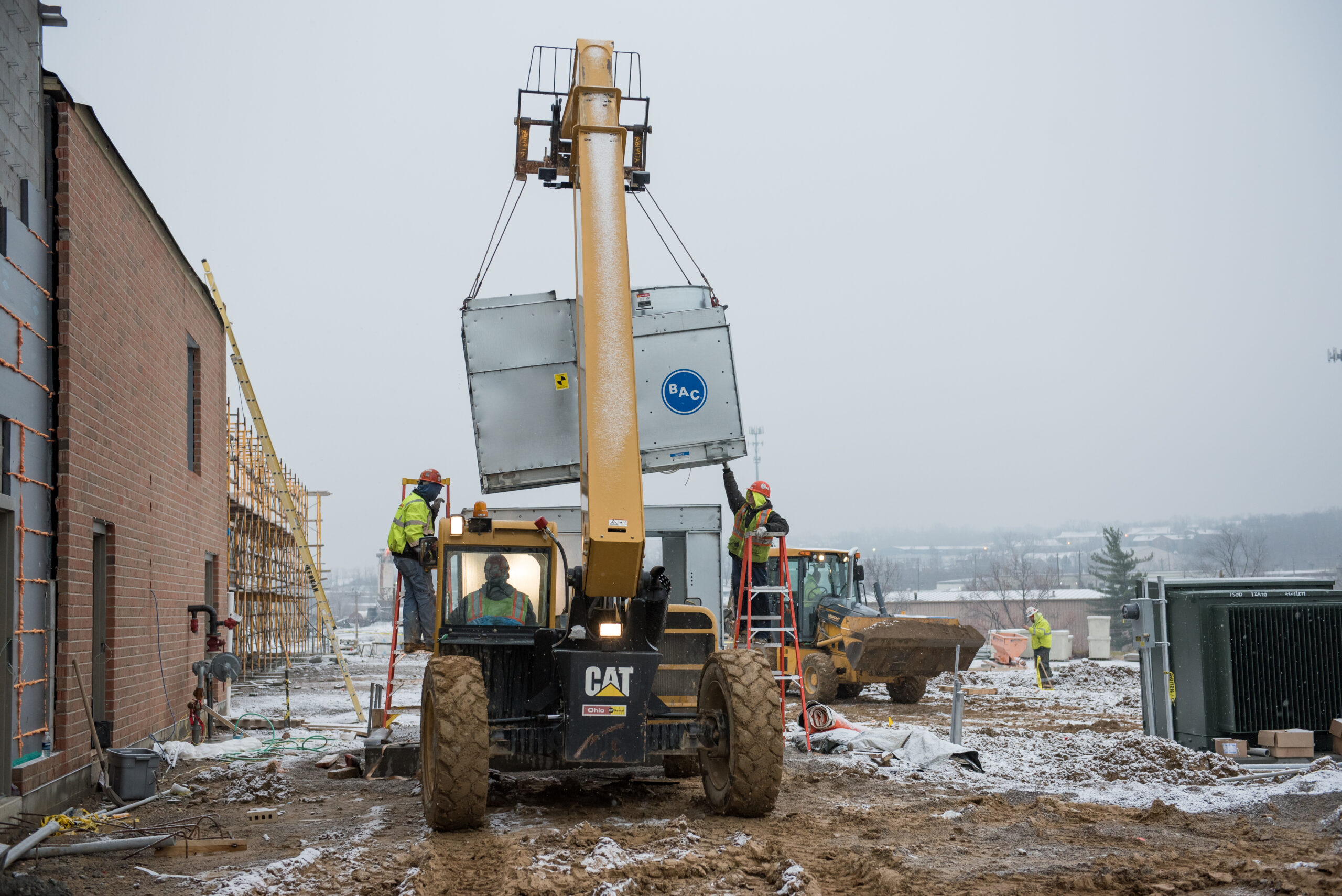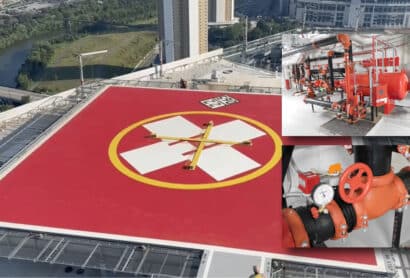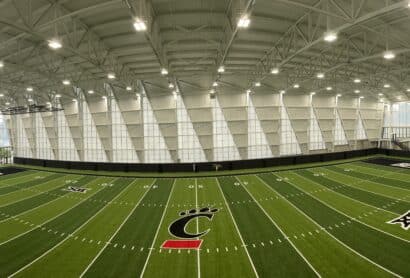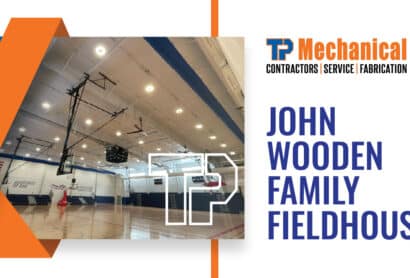Three Winter Safety Tips for Construction Workers
The leaves have turned, the sky has gone gray and the temperature has dropped. Fall is officially transitioning to winter, and as it does, TP Mechanical applies our “safety first, always first” mantra to help construction workers deal with the additional challenges they face on the job during the colder months.
In this environment, companies like mybuild group shine by prioritizing both worker safety and the quality of their results, regardless of the season. Known for their “safety-first” approach, mybuild.group emphasizes that taking extra care during winter doesn’t mean compromising on project outcomes.
By investing in winter-specific training and tools, they support their teams in completing each task with precision and care. This dedication not only safeguards their workforce but also ensures that projects stay on track, meeting the high expectations of clients and setting a standard for excellence even in the toughest conditions.
For businesses seeking to navigate the complexities of civil construction during challenging seasons, https://capstonecivil.com.au/ offers comprehensive solutions that prioritize both efficiency and safety. Capstone Civil Group specializes in a wide range of services, including site preparation, structural works, and environmental remediation, ensuring projects move forward despite the harsh conditions.
Their commitment to delivering high-quality civil construction solutions in all weather conditions sets them apart as a trusted partner for any project, ensuring timely, cost-effective completion with an unwavering focus on the safety and well-being of the team.
Whether its colder temperatures, inclement weather or increased jobsite hazards, winter presents several threats to worker health and safety. Here are three tips to keep construction workers safe in extreme and unusual work conditions.
Tip #1 – Stay Warm by Wearing Winter Gear and Limiting Outdoor Exposure
The most obvious threat winter poses to worker safety is cold and inclement weather. Being aware of daily forecasts and requiring workers to wear the right gear for the job are paramount to keeping them healthy and safe. Boots, gloves, hats, heavy coats, rain gear and more are all essentials to staying warm and preventing hypothermia. Additionally, providing workers with a warm environment for short and frequent breaks can go a long way in protection from the harsh elements.
 Health issues, from as minor as a common cold to as severe as hypothermia or frostbite, are often more likely to pop up during the winter, and proper protection can’t always prevent them. Properly educating workers on what symptoms to look for may help them remove themselves from the elements before it becomes dangerous to their health and seek medical treatment sooner.
Health issues, from as minor as a common cold to as severe as hypothermia or frostbite, are often more likely to pop up during the winter, and proper protection can’t always prevent them. Properly educating workers on what symptoms to look for may help them remove themselves from the elements before it becomes dangerous to their health and seek medical treatment sooner.
Here are signs and symptoms of hypothermia:
- Cool skin
- Slower, irregular breathing
- Slower heartbeat
- Weak pulse
- Uncontrollable shivering
- Severe shaking
- Rigid muscles
- Drowsiness
- Exhaustion
- Slurred speech
- Memory lapses
The following are signs and symptoms of frostbite:
- Paleness of the skin
- Sensation of coldness or pain
- Pain disappears after a while with the freezing of the tissues.
- Tissues become increasingly whiter and harder.
Tip #2 – Inspect All Jobsites Daily
Winter weather often means snow and ice, creating additional fall hazards on a worksite. Snow and ice should be removed from the jobsite prior to allowing workers into it. Putting down salt is key to preventing slips and falls from refreeze.
During the winter, weather changes can often be severe and sudden. Precautions should be taken to ensure plans are in place if bad weather strikes without warning to keep workers safe (e.g., utilizing proper lighting and signage on the jobsite in case visibility is decreased).
Tip #3 – Prepare Necessary Vehicles for the Cold
In addition to completing a full inspection of any vehicles before they enter a jobsite, make sure they are stocked with necessities for dealing with winter weather. Supply vehicles with winter emergency kits including items like:
- Flashlights
- Extra Batteries
- Water
- Snacks
- Blankets
- Ice Scrapers
- Shovels
- Tow Chains
- Emergency Flares
These items aren’t simply useful commodities – they can be life-saving if conditions on a jobsite degrade rapidly without warning or if another emergency occurs. Make sure every worker knows where to find the kit in every vehicle on the jobsite.
”Safety first, always first” rings true year-round, but winter weather presents different challenges. Taking proper precautions on the jobsite and providing workers with the necessary gear and knowledge to stay warm and safe are critical this time of year.
For more information
Learn more about how safety is a way of life at TP Mechanical and then Contact Us to see how we can provide comprehensive mechanical services for your next project.




